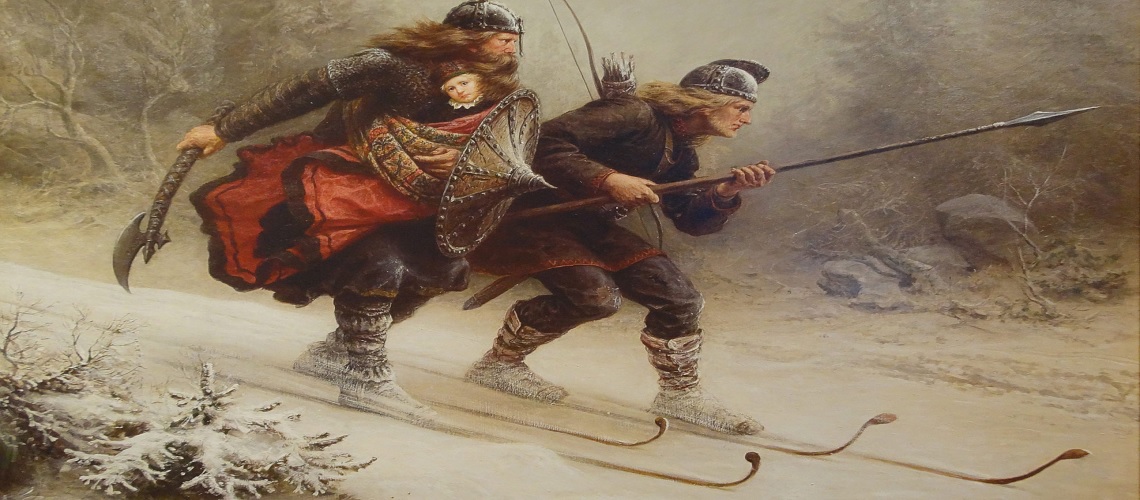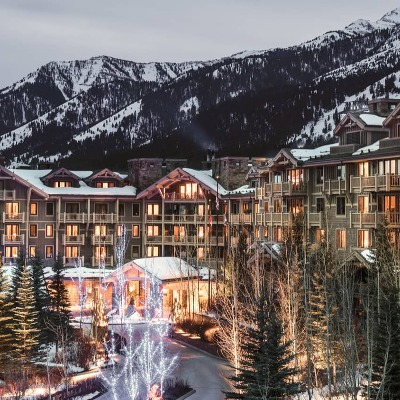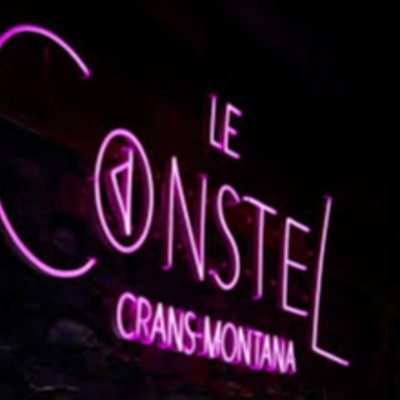Energy Crisis - Norwegian Ski Association's Club Survey Indicates That Only Four Out Of Ten Ski Resorts Will Operate As Normal

The Norwegian Ski Association's club survey on electricity indicates that only four out of 10 ski resorts will operate as normal.
The rest will not open, there is uncertainty about opening, or the facility will open with reduced operations.
The Norwegian Ski Association has recently carried out an electricity survey to find out how electricity costs affect the possibility of keeping the ski resorts open in the winter of 2022-2023. Here is a small summary.
122 clubs have answered the survey. Of these, 84 clubs/sports teams pay the electricity costs themselves. The others operate in facilities where electricity is paid for by the private facility owner, the municipality or others.
Of the 47 facilities that can be operated normally, the majority are cross-country trails. In cross-country skiing facilities, the clubs normally pay for the electricity themselves, and can apply for electricity support. Almost half of the cross-country clubs nevertheless state that they will - or are in danger of - having to reduce the offer.
For alpine and ski cross, the situation is worse. Only two out of 18 alpine clubs state that the normal offer will be maintained. A third club will maintain the offer, but faces significant financial challenges.
Where the clubs themselves own the alpine facility, the problem seems to be that the electricity support is paid out late, or it is uncertain what support the club actually receives. And even with power support, the costs will be far higher than normal.
Where the clubs are dependent on private facilities, the main problem is that parts of the facilities are not maintained. The ski association's experience is that the commercially interesting routes are prioritised, and that the needs of the sport, including routes normally set aside for training, are given lower priority.
The Skiing Association collaborates with the Swedish Sports Confederation in dialogue with the Ministry of Culture about the situation. We are working to strengthen the electricity support scheme, but not least to ensure that ski clubs that depend on private facilities outside the scheme are not unreasonably disadvantaged. Time will tell if we get there.
At the same time, the Ski Association encourages finding local solutions. Seek dialogue with the municipality and others who can contribute. We also encourage close dialogue with private facility owners, in order to jointly find solutions so that alpine and freeskiing facilities for active sports youth can be maintained. Although in the short term the private alpine resorts would like to prioritize their commercial interests, it is important to state that in the longer term they will lose if active sports do not have a place in the facilities.














